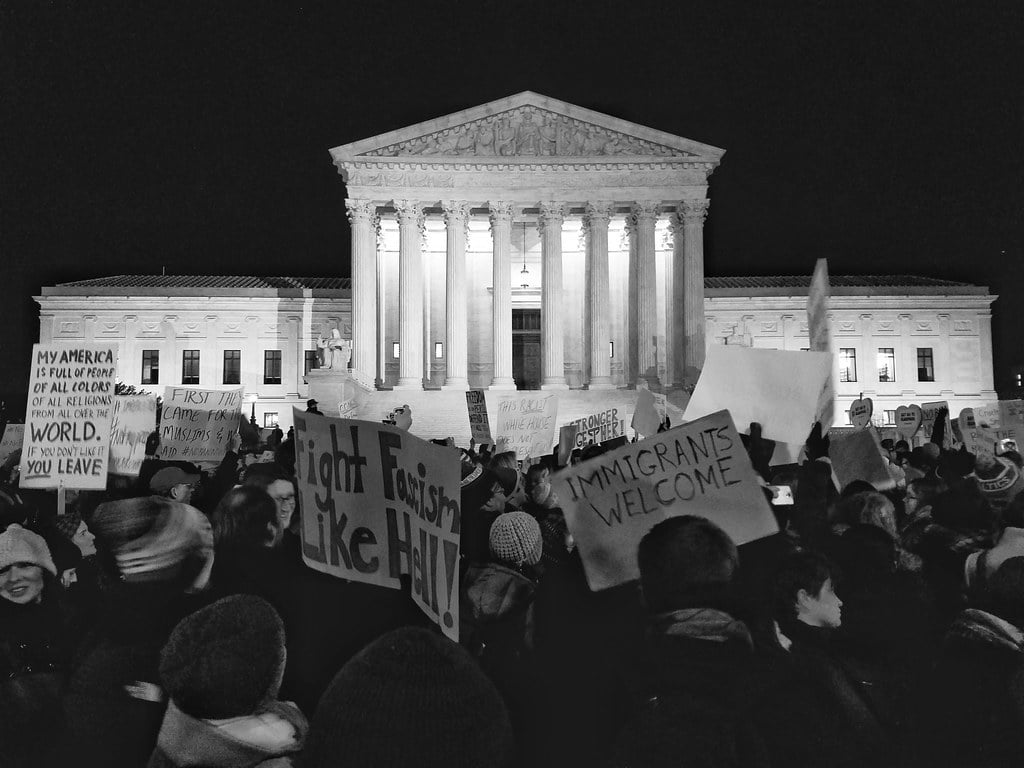At root, the kerfuffle sparked by James Wood’s summer essay(s) on winsomeness revolves around the question of what makes for an effective Christian witness in America’s current sociocultural moment. For many, this question raises additional issues for how Christians should think about politics, ethics, and the polarity of the world we inhabit. These debates typically occur at a high level of abstraction because the topics are deeply complex, plus there’s ample Church history to draw from. You know the waters are deep when people start throwing out Chrysostom references.
Login to read more
Sign in or create a free account to access Subscriber-only content.
